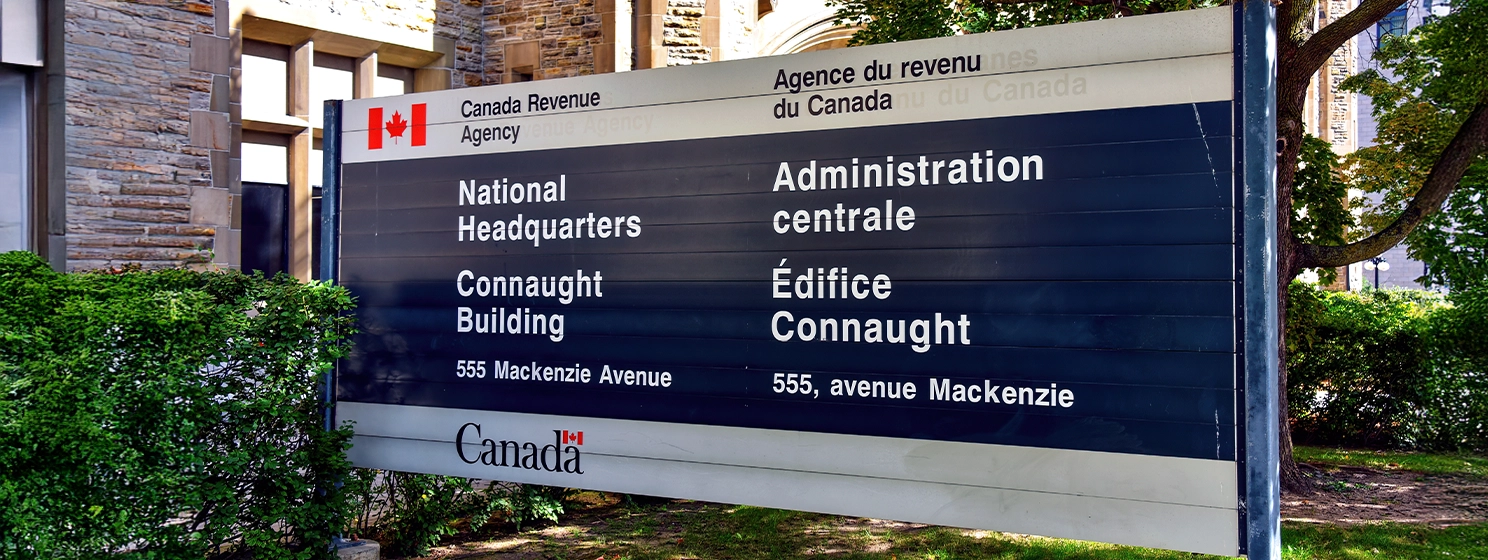|
Getting your Trinity Audio player ready...
|
The mood towards Bitcoin and digital currencies has clearly changed in the institutions of the European Union (EU). After proposing legislation to ban anonymous transactions and coming close to banning proof of work (PoW), many have begun to wonder if the world’s largest trading block might turn its back on digital currencies entirely.
Those looking for reassurance did not find it in a recent speech by European Central Bank (ECB) board member Fabio Panetta. He called the industry the Wild West, dubbed the dominant narrative in the industry “illusory,” and said the current bubble rises “like any Ponzi scheme.”
A call for global coordination on regulations
Panetta made these scathing remarks during a recent speech at Columbia University. In it, he outlined several key points.
- The value of digital currencies is driven by speculation, and they derive their prices from other speculators buying in, just like Ponzi schemes.
- There is a need for globally coordinated regulation. He highlighted four key areas, namely, money laundering, taxation, consumer protection, and regulatory reporting.
- Panetta also called for proof-of-work currencies like Bitcoin to be taxed at a higher rate to offset their environmental impact.
- The ECB bigwig also emphasized the financial risks associated with the current speculative frenzy. He noted that it is now larger than the subprime mortgage bubble that shook the world financial system in 2008.
- He emphasized how pointless many digital currencies are, noting that they can take hours to process transactions, often have higher fees than traditional payment methods, and rely on the trusted intermediaries they were supposed to make obsolete.
While he did pay homage to innovation and urged that he didn’t want to stifle it, saying that he didn’t speak kindly of the industry as a whole would be an understatement.
A window into how government bureaucrats are thinking
While many digital currency advocates will dismiss Panetta’s speech as the frustrated ramblings of another out-of-touch bureaucrat who doesn’t like the competition, his comments have merit. They give us a glimpse into the conversations behind closed doors in the corridors of power.
Whether digital currency maximalists like it or not, Panetta is a high-level operator in one of the world’s most powerful financial institutions. If this is how he’s thinking, it’s a safe bet that it’s how others are thinking, and these are the people who will speak into the ears of the policymakers who will craft the future laws and regulations.
Those who counter that governments are powerless in the face of BTC or any other system should think again. All of the on and off-ramps into the industry are controlled by government-regulated entities and can be shut down with the stroke of a pen. Miners depend on the good graces of their host countries and making the act of investing in digital currencies illegal would have the desired effect on the vast majority of people.
It didn’t have to be this way
The real tragedy in all of this is that all of Panetta’s criticisms could have been avoided. If Satoshi Nakamoto‘s original Bitcoin protocol had been left alone, most of the stated concerns in this speech would have been dead on arrival.
Why so? BSV, which is the original protocol restored, routinely processes tens of millions of daily transactions, uses only a fraction of the energy BTC does, and has average fees of just $0.001 per transaction. The widespread adoption of Bitcoin as the electronic cash system it was designed to be would leave critics like Panetta silent.
Until that is widely understood, more speculators will be sucked into unsustainable Ponzi schemes, and critics will have all the ammunition they need to continue making blistering speeches that paint Bitcoin in a negative light. It didn’t have to be this way, but here we are.
Watch: CoinGeek New York panel, Government & Public Sector Applications on Blockchain

 12-13-2025
12-13-2025 





